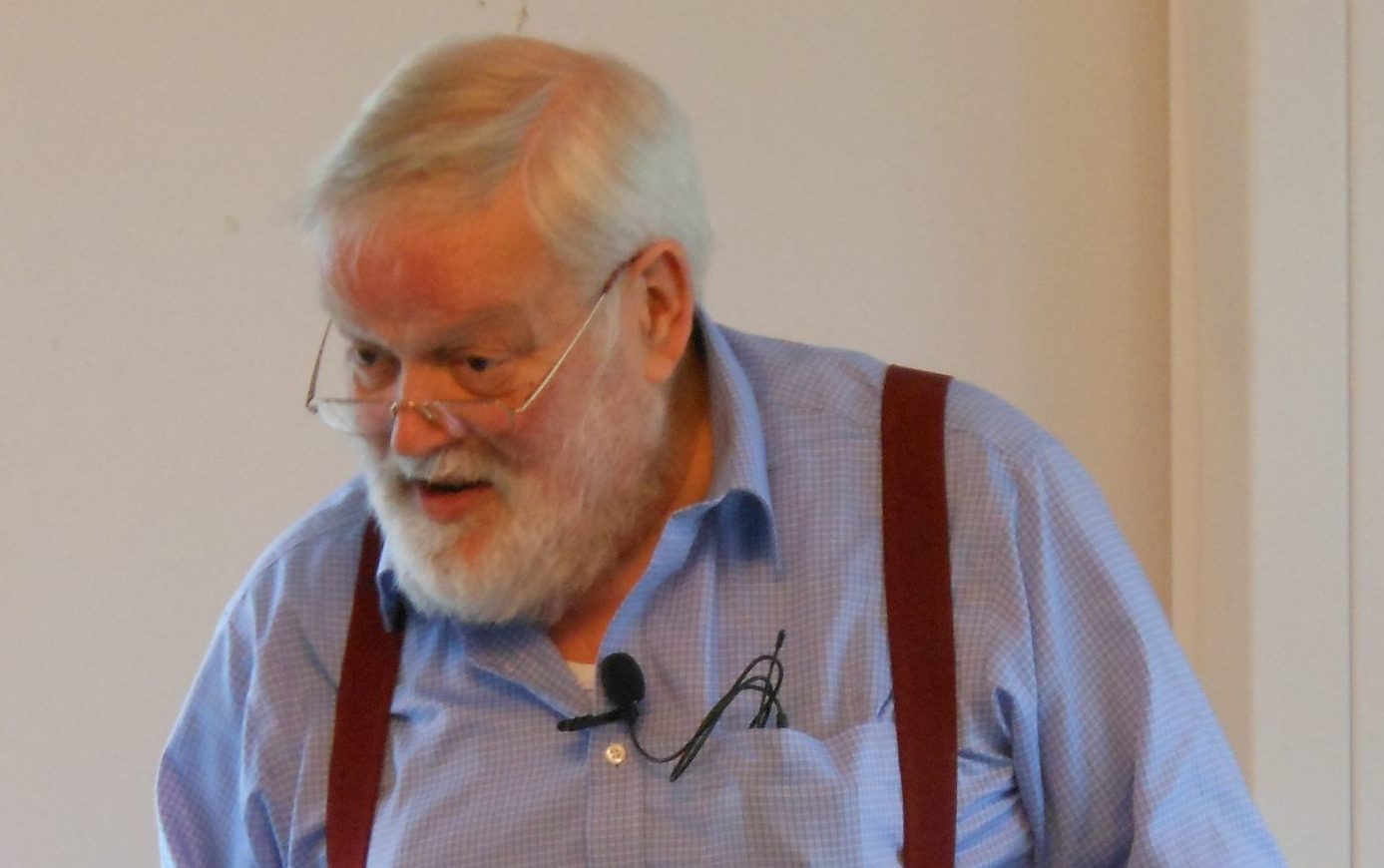Pete mentions Michael Longley in one of his holiday period posts and that powerful thesis of his about what peace is and what it isn’t. For my money, Longley’s attempts at poetic legislation are among the most lasting and resonant.
The New Statesman has published his PEN Pinter Prize Lecture 2017 in which he makes important observations on the degree to which actual process of peacemaking compares to the more pliable and politically tractable Peace Process™️…
He notes…
…from the beginning my poet-friends and I resisted the temptation to hitch a ride on yesterday’s headlines, to write the poem of the latest atrocity. We learned from each other how complex the situation was, how inadequate the political certainties – Green Ireland, Orange Ulster. We knew there was no point in versifying opinion and giving people what they wanted to hear.
We believed that poetry, the opposite of propaganda, should encourage people to think and feel for themselves: it should appeal to their “generous instinct”, as MacNeice said in the violent 1930s. We hated what we came to call “Troubles trash”. We believed that, even when generated by the best of intentions, bad poetry about the sufferings of fellow citizens would be an impertinence; as part of an agenda it would be a blasphemy.
And…
Earlier I called the Northern Irish conflict “civil war” – a term others might contest. “Civil war” is a kind of oxymoron, since it combines an idea of community with an idea of its fracture. It throws into question, to quote Derek Mahon’s poem “Afterlives”, “what is meant by home”. Northern Ireland has only a million and a half inhabitants. So those who died in the Troubles are always in some sense intimately known, even across the divisions.
In 1999 four writers – David McKittrick, Seamus Kelters, Brian Feeney and Chris Thornton – compiled an extraordinary dossier of everybody who had been killed up to that date. This unbearably sad book is called Lost Lives. Reading over poems by myself and others, I realise that “lost lives” have always been at the centre of what we write: that the dominant genre of Troubles poetry is elegy – protest elegy, perhaps. To refer back to “All of These People”: “Our assassinated Catholic greengrocer” – I note I use the pronoun “our” – was Jim Gibson, murdered at Christmas by UDA gunmen who entered his shop on the Stranmillis Road and shot him because, I presume, he was a Catholic prospering in a predominantly Protestant area. My friend Sydney Callaghan, the Methodist minister in the poem, happened to be nearby, and was able to administer the Catholic Last Rites.
Although in balancing three poem dialogue between Hewitt, Heaney and Muldoon, he also notes:
Perhaps such open-heartedness, reflecting “generous instinct” elsewhere in the society, suggests why – despite the terrible violence – Ulster never quite descended into the nightmarish mayhem of Bosnia’s civil war. Poetic conversations continue to this day. When the Good Friday Agreement was painstakingly achieved I felt it had – as it needed to have – an almost poetic complexity.
To quote Heaney’s metaphor, the Agreement was about “the price of grass-seed”. In a poem of my own I called it “a fragment from some future unimagined sky”. You might say that today Northern Irish politics more often resemble bad prose. But the Peace Process is a process. It is far from over. It will take generations.
Aside from linking back to that 2003 interview, I’ll finish with the same extract from Alan Gillis poem called “Progress” as Longley himself:
They say that for years Belfast was backwards
And it’s great now to see some progress.
So I guess we can look forward to taking boxes
From the earth. I guess that ambulances
Will leave the dying back amidst the rubble
To be explosively healed. Given time,
One hundred thousand particles of glass
Will create impossible patterns in the air
Before coalescing into the clarity
Of a window. Through which a reassembled head
Will look out and admire the shy young man
Taking his bomb from the building and driving home.
Mick is founding editor of Slugger. He has written papers on the impacts of the Internet on politics and the wider media and is a regular guest and speaking events across Ireland, the UK and Europe. Twitter: @MickFealty
Discover more from Slugger O'Toole
Subscribe to get the latest posts to your email.

